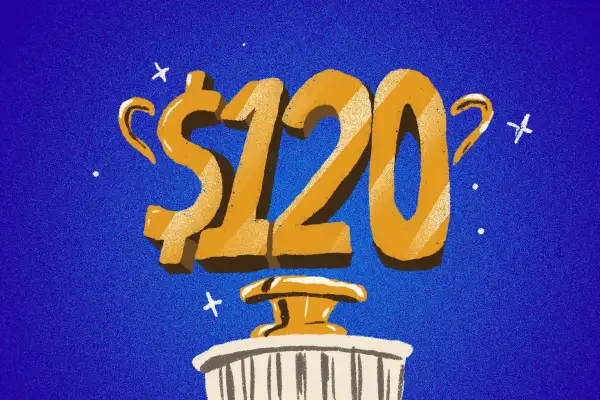Young Workers Say They Need a $120K Salary to Feel Like They’ve ‘Made It’

How much pay would it take to make a Gen Z-er or millennial feel successful? New analysis says it’s much more than what the average American household makes yearly.
Call it youthful idealism or plain-old ambition, a study from the invoicing solutions company Skynova found that workers around the ages 21 to 42 have lofty salary expectations. Most aren’t content with what they’re making now, and on average, they think it will take at least $121,553 annually to feel like they’ve finally "made it."
Skynova analyzed state-by-state salary data and survey responses from more than 1,000 millennial and Gen Z workers. Here's what the company found.
Annual average salaries for the most lucrative jobs for millennials and Gen-Zers aged 22 to 35 range from about $100,000 to $150,000. Lawyers top the list, according to Skynova, but tech and healthcare jobs dominate the ranking.
- Lawyers: $149,646
- Securities, commodities, financial services and sales agents: $134,029
- Web developers: $120,595
- Architectural and engineering managers: $115,875
- Software developers: $113,066
- Public relations and fundraising managers: $111,071
- Physician assistants: $110,986
- Other physicians: $110,130
- Pharmacists: $105,555
- Nurse practitioners: $101,407
More from Money:
The 3 Best Money Moves to Make This May
Interest Rates on Federal Student Loans Will Rise Later This Year

